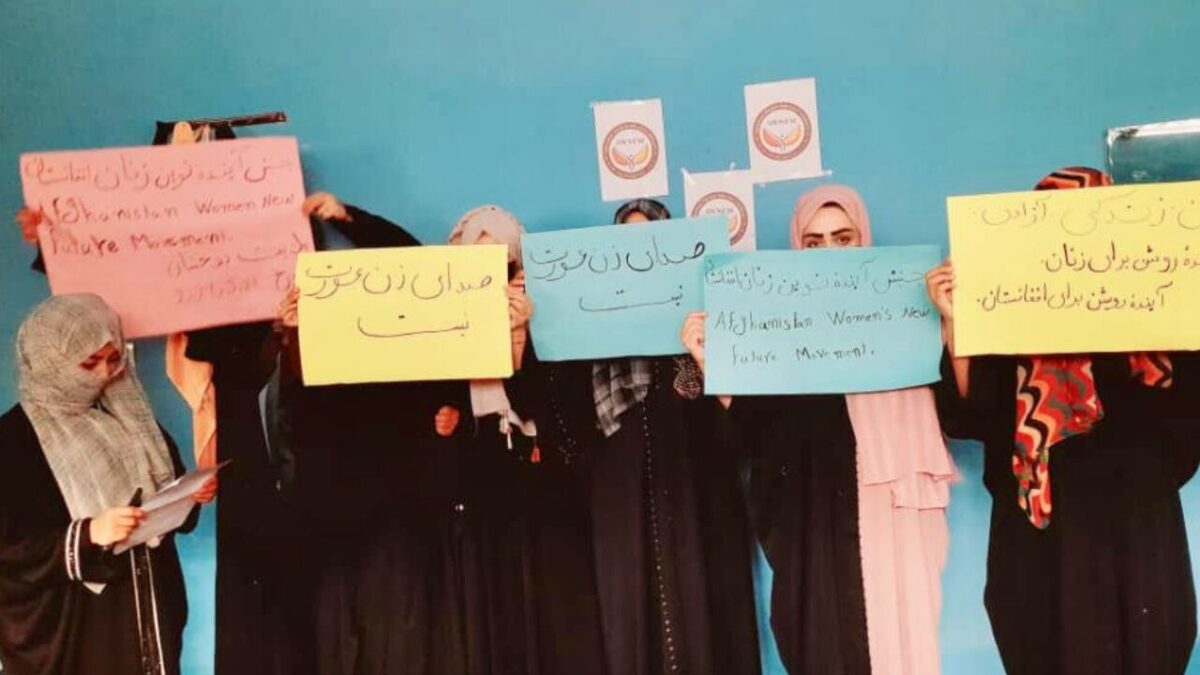Taliban have enacted more than 118 decrees restricting the rights of women and girls in Afghanistan since taking power three years ago, according to a report by the U.S. Institute of Peace (USIP).
The first of these decrees banned girls above the sixth grade from attending school, followed by a series of escalating restrictions on education, employment, and public life.
Afghan citizens and human rights activists have condemned the Taliban’s policies, arguing that their treatment of women and girls contradicts Islamic values. They have called on the international community to take a stronger stand against what they describe as the Taliban’s oppressive and regressive actions.
According to the USIP, the majority of the Taliban’s decrees have targeted women and girls, particularly in the area of education. Among the key restrictions listed in the report are:
August 30, 2021: A ban on co-education, prohibiting men from teaching girls.
September 12, 2021: Girls barred from attending secondary school.
January 3, 2022: Blind girls’ schools closed in Nangarhar and Kunar.
September 11, 2022: Briefly reopened secondary schools for girls in Paktia were shut down again.
June 8, 2023: Foreign NGOs prohibited from providing educational programs, including community-based education, a move UNICEF said would affect 500,000 students, including 300,000 girls.
September 29, 2021: Women banned from attending or teaching at Kabul University.
April 24, 2022: Universities ordered to enforce gender-segregated classrooms.
August 29, 2022: Female students required to cover their faces in classrooms.
April 29, 2022: Universities instructed to separate class days for male and female students.
October 7, 2022: Women barred from studying agriculture, mining, civil engineering, veterinary medicine, and journalism. The Taliban argued that these subjects were “too difficult” for women.
December 20, 2022: Women banned from public and private universities indefinitely.
April 2024: Media outlets instructed to prohibit women from co-hosting shows with male journalists and from reporting on women’s rights and violence against women.
July 31, 2024: A new edict under the Taliban’s “Propagation of Virtue and Prevention of Vice Law” included previously imposed restrictions and added new ones, such as banning women’s voices in public and forbidding friendships with non-Muslims.
The report has sparked widespread criticism from Afghan citizens. “The Taliban have taken away all our human and Islamic freedoms,” a Kabul resident said. “The doors of schools and universities have been closed to us, and we don’t even have the right to work or go to the park. There is no hope for the future for us.”
Human rights activists have called the Taliban’s policies toward women and girls intolerable, urging the international community not to remain silent. Recently, Germany, alongside Australia, Canada, and the Netherlands, issued a joint statement threatening to hold the Taliban accountable for violations of women’s rights under the Convention on the Elimination of All Forms of Discrimination Against Women (CEDAW) at the International Court of Justice. This initiative has garnered support from over 20 countries and human rights organizations.





